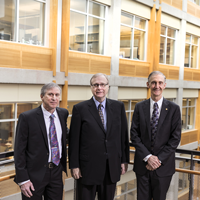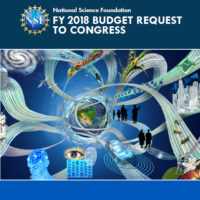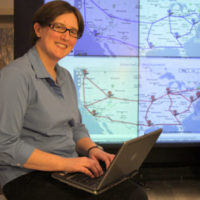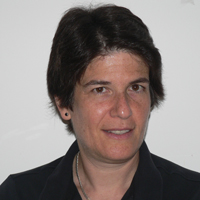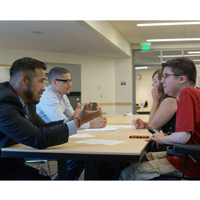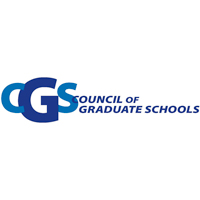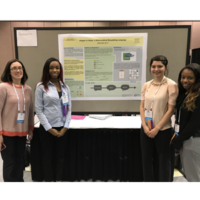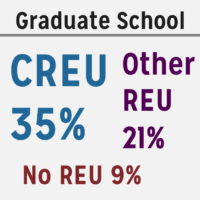MOBILITY21: Strategic Investments for Transportation Infrastructure & Technology
This paper outlines critical needs for our transportation infrastructure, identifies new technology drivers and proposes strategic investments for safe and efficient air, ground, rail and marine mobility of people and goods.


